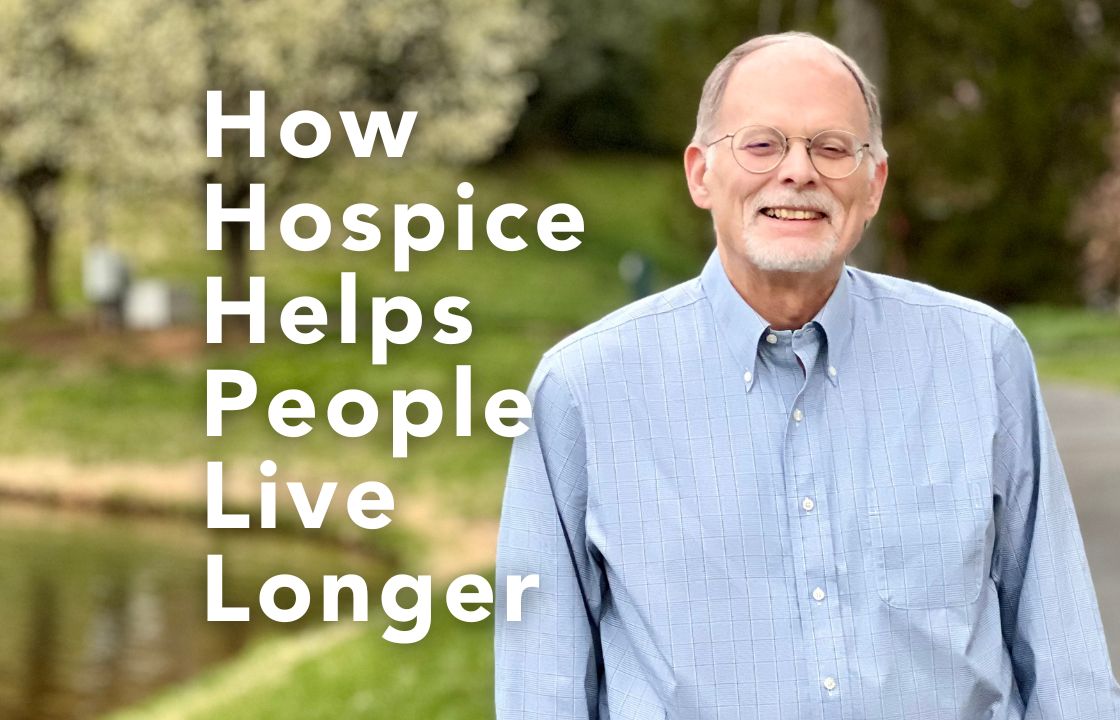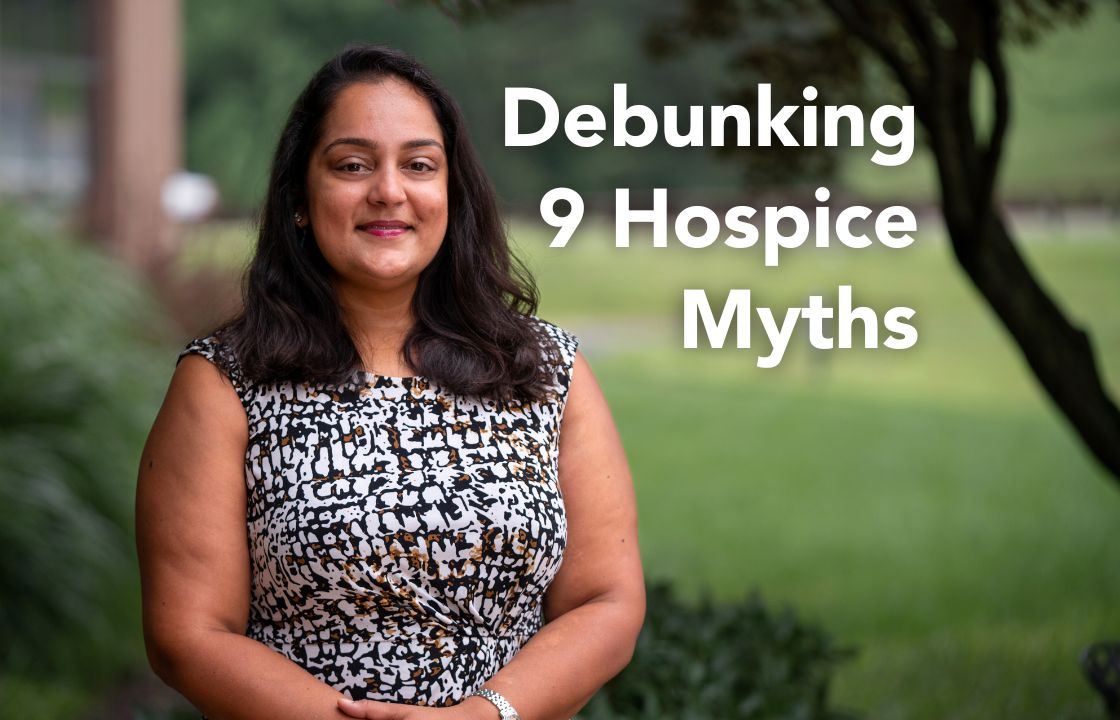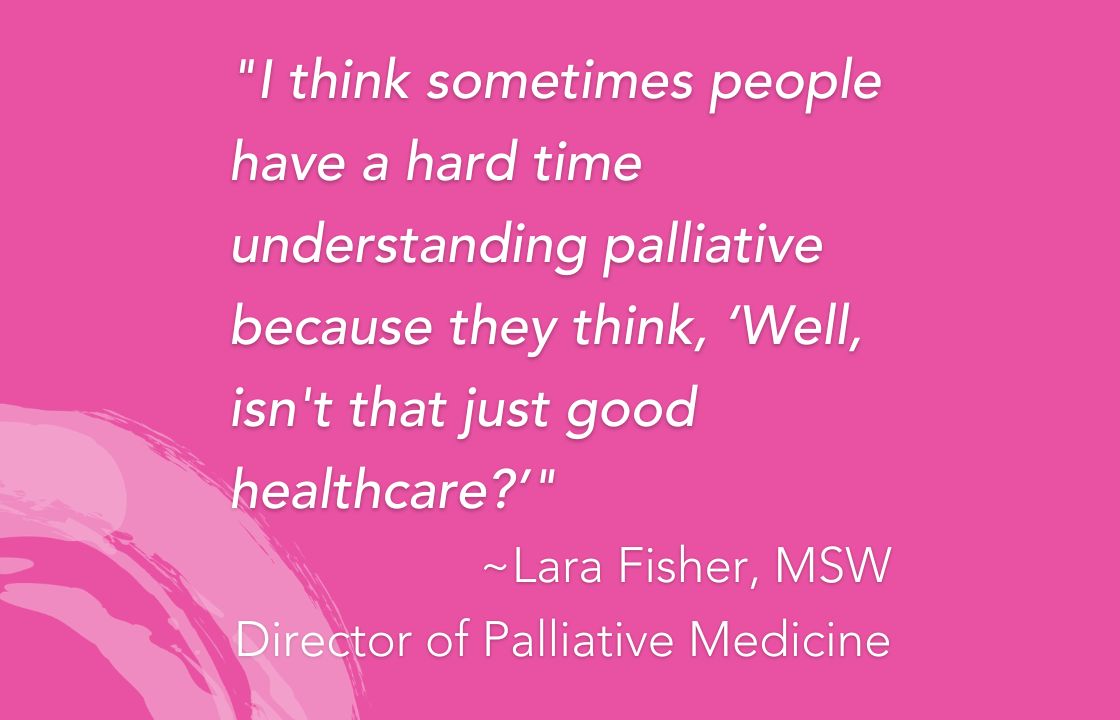As a society, we should be talking more about mental health and hospice.
Good mental health and emotional stability are important for everyone, including seniors. Finding a sense of balance, calm, and general understanding for all parties involved is essential to the hospice process. This is true not only for the patient but also for their families. While working with patients who may be struggling to find peace and balance during their stay in hospice, it is important to understand how hospice addresses mental health care for your loved one.
Demystifying Mental Health
Mental health is just as important as physical health in the care of a senior, and there’s no need to be afraid of addressing it. Typically, when people think of seniors in need of hospice, they envision someone suffering from some form of physical ailment such as a brain injury, terminal disease, or complications from a fall. Those who have sustained physical trauma can indeed receive medical and nursing assistance through home hospice services. However, seniors’ mental health can also cause them to need hospice care, either as part of a condition such as Alzheimer’s disease or even from feeling overwhelmed about needing hospice care itself.
Mental health is undoubtedly important to our overall well-being, but did you also know that it can directly affect our physical health as well? Psychological ailments and injuries require diagnosis and treatment just like any physical illnesses. When mental health care is needed near the end of life, there is support available through hospice.
How Mental Health Can Affect Seniors
Approximately 6% of the general population suffers from serious persistent mental illness (SPMI). This condition is chronic or recurrent, involves ongoing intensive medical treatment, and can significantly affect a person’s overall wellness, particularly in older people.
Significant disparities in end-of-life care for those living with severe mental illness can negatively affect their longevity and quality of life.
Types of Mental Illness
Just like a physical illness, mental illness comes in many forms, including:
- Anxiety disorders: social anxiety, panic disorders, generalized anxiety, phobias
- Mood disorders: Bipolar disorders, depression, and cyclothymia
- Psychotic disorders: hallucinations and schizophrenia
- Eating disorders: Anorexia, bulimia, binge-eating
- Impulse control and addiction disorders: Gambling, alcohol and drug abuse
- Personality disorders: The antisocial personality disorder, obsessive-compulsive disorder (OCD), and paranoid personality disorders
Hospice of the Piedmont: A Caring Team
Hospice care should support your loved one’s treatment no matter what type of mental illness he or she has. In conjunction with a variety of mental health professionals, including psychiatrists and psychologists, a hospice team will develop a plan that supports the individual’s care and management of daily life throughout the hospice journey.
Get the care your senior loved one needs if he or she is suffering from mental illness and facing hospice. In hospice care, more than just physical ailments are treated. Hospice of the Piedmont offers holistic care that includes mental, emotional, and spiritual support, in addition to the treatment of physical symptoms. Managing mental health is an important part of navigating the final stages of life, and we recognize how difficult it can be to get quality mental health treatment during hospice. Call us to learn more about our care services at 434-817-6900 or toll-free at 1-800-975-5501.



